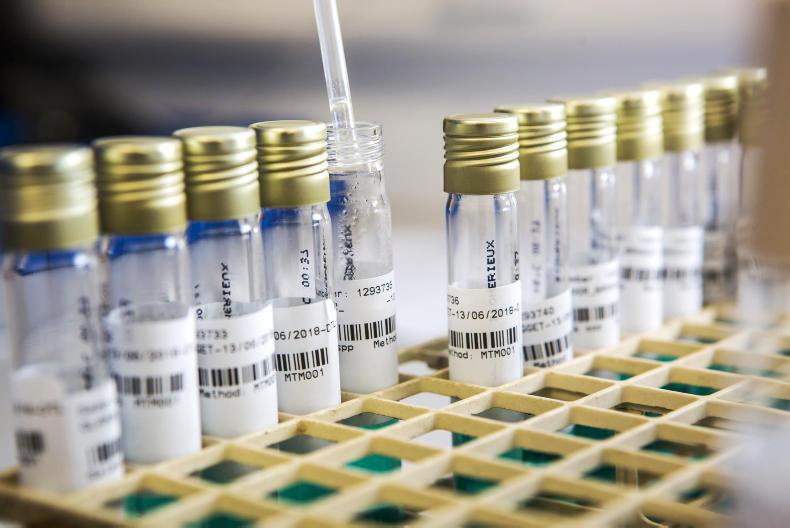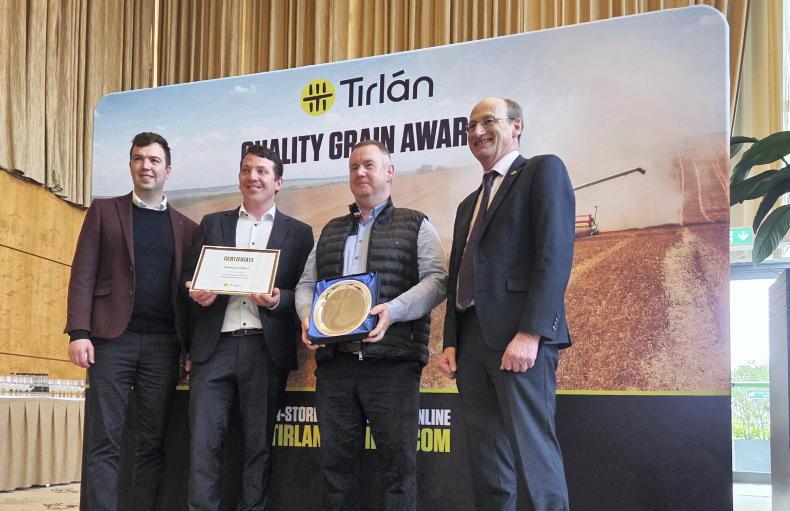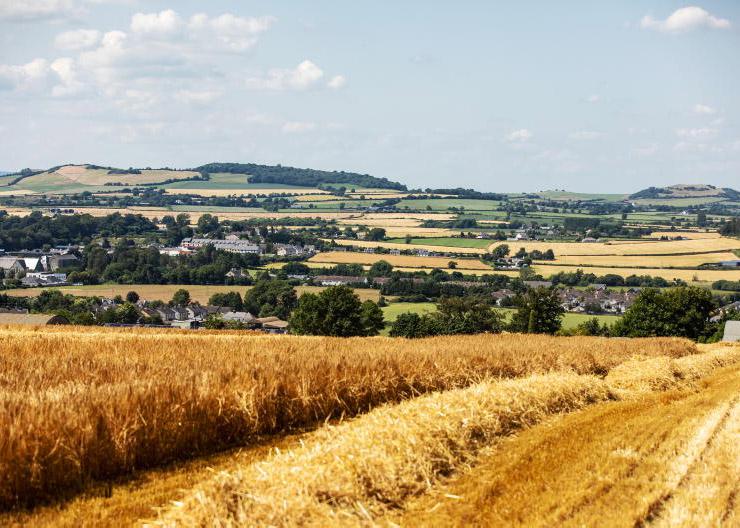The Department of Agriculture has set up a surveillance zone of 8km radius around a Co Cork premises where a pet sable was euthanised with suspected rabies.
The Department said it has evidence of exposure to lyssavirus in a sable (a species of marten), which had been imported into Ireland as a pet.
Lyssaviruses can affect all mammals and the lyssavirus family of viruses includes rabies virus.
On 7 January 2020, Department officials were made aware of a sable that was intermittently displaying atypical behaviour. The animal was kept securely confined at a private premises in Co Cork and there was no evidence of contact with animals outside the household, the Department said.
“However, the animal was euthanised as the investigation could not rule out rabies infection, in accordance with our emergency preparedness contingency plan,” the Department said in a statement.
Human contact
The Department liaised closely with both the Health Service Executive (HSE)’s regional Department of Public Health and Health Protection Surveillance Centre (HPSC).
The HSE has identified, and is following up with, a small number of individuals who may have had a risk of exposure to the animal.
Test results
Initial screening tests by the Department’s Central Veterinary Laboratory and the European Reference Laboratory (EURL) in France were negative. However on 23 January, following further confirmatory test methods, the EURL reported evidence of low levels of lyssavirus genetic material in brain samples from the animal.
“Based on these EURL results, rabies cannot be ruled out in the sable,” the Department said.

Gatherings of dogs, cats or ferrets will be prohibited in the surveillance zone.
Surveillance zone
The Department said it had not identified any contact with other animals outside the household and that the likelihood of spread to other animals in the area is extremely low.
However, it is putting additional precautionary measures in place in the surveillance zone outline on the map above:
Gatherings of dogs, cats or ferrets, including hunting, sales, fairs etc will be prohibited. Any found-dead mammals in the area should be reported to DAFM.These temporary measures will remain in place in for a month subject to review.
Dog owners
Owners of dogs, cats and ferrets are advised to monitor the health and behaviour of their animals and report any abnormal or unusual behaviour in their animals to the Department of Agriculture.
Any members of the public in the surveillance zone who require further information can ring the District Veterinary Office in Cork on 021-485 1400.
Read more
Watch: exclusive interview with Frank Mitloehner, the greenhouse gas guru
Who is eligible to apply for the National Reserve?
New 90-cow cubicle shed in Cork
The Department of Agriculture has set up a surveillance zone of 8km radius around a Co Cork premises where a pet sable was euthanised with suspected rabies.
The Department said it has evidence of exposure to lyssavirus in a sable (a species of marten), which had been imported into Ireland as a pet.
Lyssaviruses can affect all mammals and the lyssavirus family of viruses includes rabies virus.
On 7 January 2020, Department officials were made aware of a sable that was intermittently displaying atypical behaviour. The animal was kept securely confined at a private premises in Co Cork and there was no evidence of contact with animals outside the household, the Department said.
“However, the animal was euthanised as the investigation could not rule out rabies infection, in accordance with our emergency preparedness contingency plan,” the Department said in a statement.
Human contact
The Department liaised closely with both the Health Service Executive (HSE)’s regional Department of Public Health and Health Protection Surveillance Centre (HPSC).
The HSE has identified, and is following up with, a small number of individuals who may have had a risk of exposure to the animal.
Test results
Initial screening tests by the Department’s Central Veterinary Laboratory and the European Reference Laboratory (EURL) in France were negative. However on 23 January, following further confirmatory test methods, the EURL reported evidence of low levels of lyssavirus genetic material in brain samples from the animal.
“Based on these EURL results, rabies cannot be ruled out in the sable,” the Department said.

Gatherings of dogs, cats or ferrets will be prohibited in the surveillance zone.
Surveillance zone
The Department said it had not identified any contact with other animals outside the household and that the likelihood of spread to other animals in the area is extremely low.
However, it is putting additional precautionary measures in place in the surveillance zone outline on the map above:
Gatherings of dogs, cats or ferrets, including hunting, sales, fairs etc will be prohibited. Any found-dead mammals in the area should be reported to DAFM.These temporary measures will remain in place in for a month subject to review.
Dog owners
Owners of dogs, cats and ferrets are advised to monitor the health and behaviour of their animals and report any abnormal or unusual behaviour in their animals to the Department of Agriculture.
Any members of the public in the surveillance zone who require further information can ring the District Veterinary Office in Cork on 021-485 1400.
Read more
Watch: exclusive interview with Frank Mitloehner, the greenhouse gas guru
Who is eligible to apply for the National Reserve?
New 90-cow cubicle shed in Cork










SHARING OPTIONS